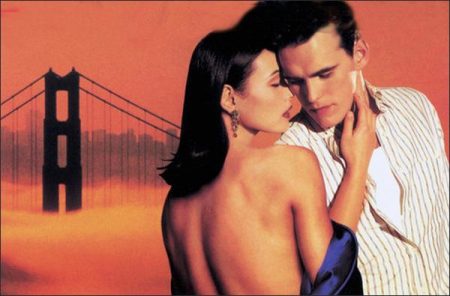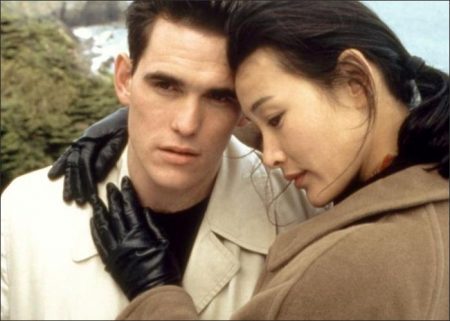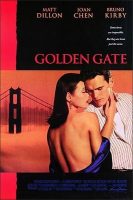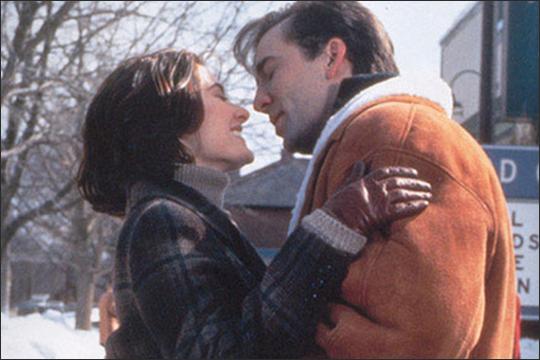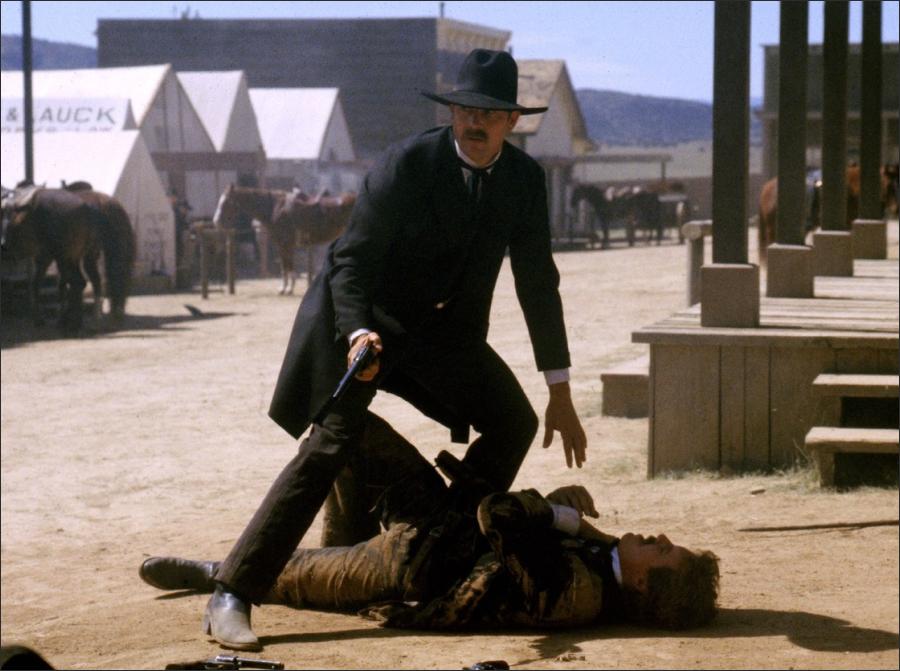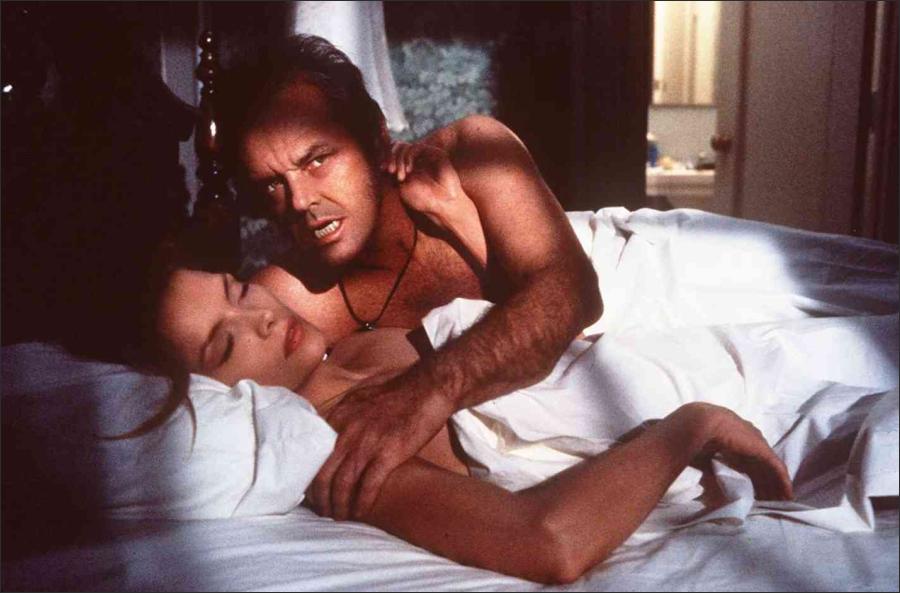Taglines: Some loves are impossible. But they are loves just the same.
Golden Gate movie storyline. Fresh out of law school, Kevin Walker is recruited into the FBI and commissioned to root out communist subversives amongst the San Francisco Chinese community. He finds a loophole that will enable him to prosecute, but his loyalties become divided when he falls in love with Marilyn, a laundryman’s daughter.
Golden Gate is a 1994 American drama film produced by American Playhouse. Set in San Francisco, California, it is the story of a 1950s G-Man (played by Matt Dillon) who gets involved with the Federal Bureau of Investigation’s Communist prosecutions, which leads him to become involved with a young Chinese American woman (played by Joan Chen), whose father he helped to put in prison. The film also features Bruno Kirby and Tzi Ma. The film is directed by John Madden and written by Asian American dramatist David Henry Hwang.
Film Review for Golden Gate
“Golden Gate” (selected theaters) is as ambitious as it is disastrous. David Henry Hwang, who wrote “M. Butterfly,” one of the most provocative and successful American plays in recent years, has taken an important premise only to let it lapse into a protracted soap opera. The question Hwang poses implicitly is this: How many of us are aware that Chinese Americans were subjected to persecution by the FBI because the Communist Revolution in China happened to coincide with the McCarthy era?
In its opening sequences, “Golden Gate” would seem to be illuminating this injustice in promising fashion. It’s San Francisco, 1952, and J. Edgar Hoover has ordered the local bureau to ferret out commies in Chinatown. Brand-new agent Kevin Walker (Matt Dillon) hits upon an idea: Go after a laundryman, Chen Jung Song (Tzi Ma, in the film’s most eloquent performance), who has collected funds to send via Hong Kong to his and his friends’ impoverished relatives in the recently formed People’s Republic of China.
In the climate of anti-communist hysteria it’s not hard to get him sent to prison for 10 years for “trading with the enemy.” Upon his release he’s shunned by his community, and since Walker is ordered to hound him some more, the laundryman jumps to his death off a promontory overlooking the Golden Gate Bridge. Walker at long last commences to get a serious case of guilt.
So far OK, but darned if Walker, concealing his identity, proceeds to court the dead man’s beautiful daughter Marilyn (Joan Chen), now a Berkeley law student involved in a campaign to clear her father’s name, which fits right in with the mood of the anti-war activist ’60s.
Since Dillon and Chen look like movie stars, their mutual attraction is certainly credible, and what Hwang attempts is to stir up a love between them so overpowering that it overrides both Walker’s well-deserved sense of shame and Marilyn’s horror when she inevitably finds out that her lover is the man who systematically and unjustly destroyed her father. Tempestuous emotions trigger lots of scenery-chewing, leading to increasing ludicrousness. In danger of drowning in the suds is Hwang’s important point that there’s a tendency to regard Asian Americans as “perpetual foreigners.”
Chen and especially Dillon are gallant, but they don’t seem to get much help from director John Madden, whose first theatrical film was “Ethan Frome.” Madden directs everything head on, without a trace of subtlety or understatement. Thanks to Hwang’s writing, compounded by Madden’s heavy hand, Bruno Kirby, as Walker’s straight-arrow superior, and Stan Egi, as a fiery ’60s activist, emerge as caricatures. “Golden Gate” looks great, thanks to the meticulous, evocative contributions of production designer Andrew Jackness, costume designer Ingrid Ferrin and cinematographer Bobby Bukowski, but it’s pure dross.
Golden Gate (1994)
Directed by: John Madden
Starring: Matt Dillon, Joan Chen, Elizabeth Morehead, Bruno Kirby, Teri Polo, Jack Shearer, Keone Young, Paddy Morrissey, Cully Fredricksen, Leo Downey, Theresa Huynh
Screenplay by: David Henry Hwang
Production Design by: Andrew Jackness
Cinematography by: Bobby Bukowski
Film Editing by: Sean Barton
Costume Design by: Ingrid Ferrin
Art Direction by: Edward L. Rubin
Music by: Elliot Goldenthal
MPAA Rating: N for language and brief sexuality.
Distributed by: The Samuel Goldwyn Company
Release Date: January 28, 1994
Views: 132
